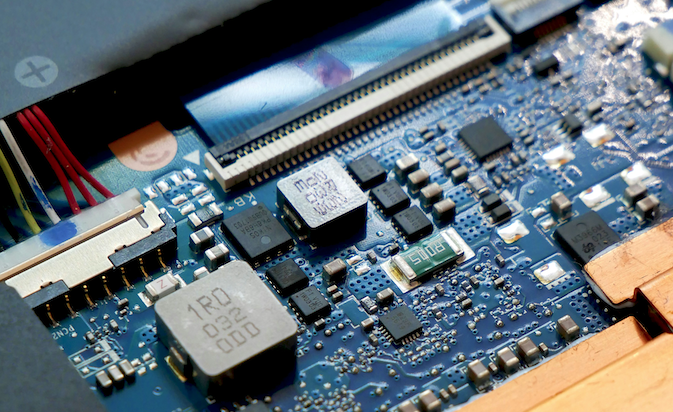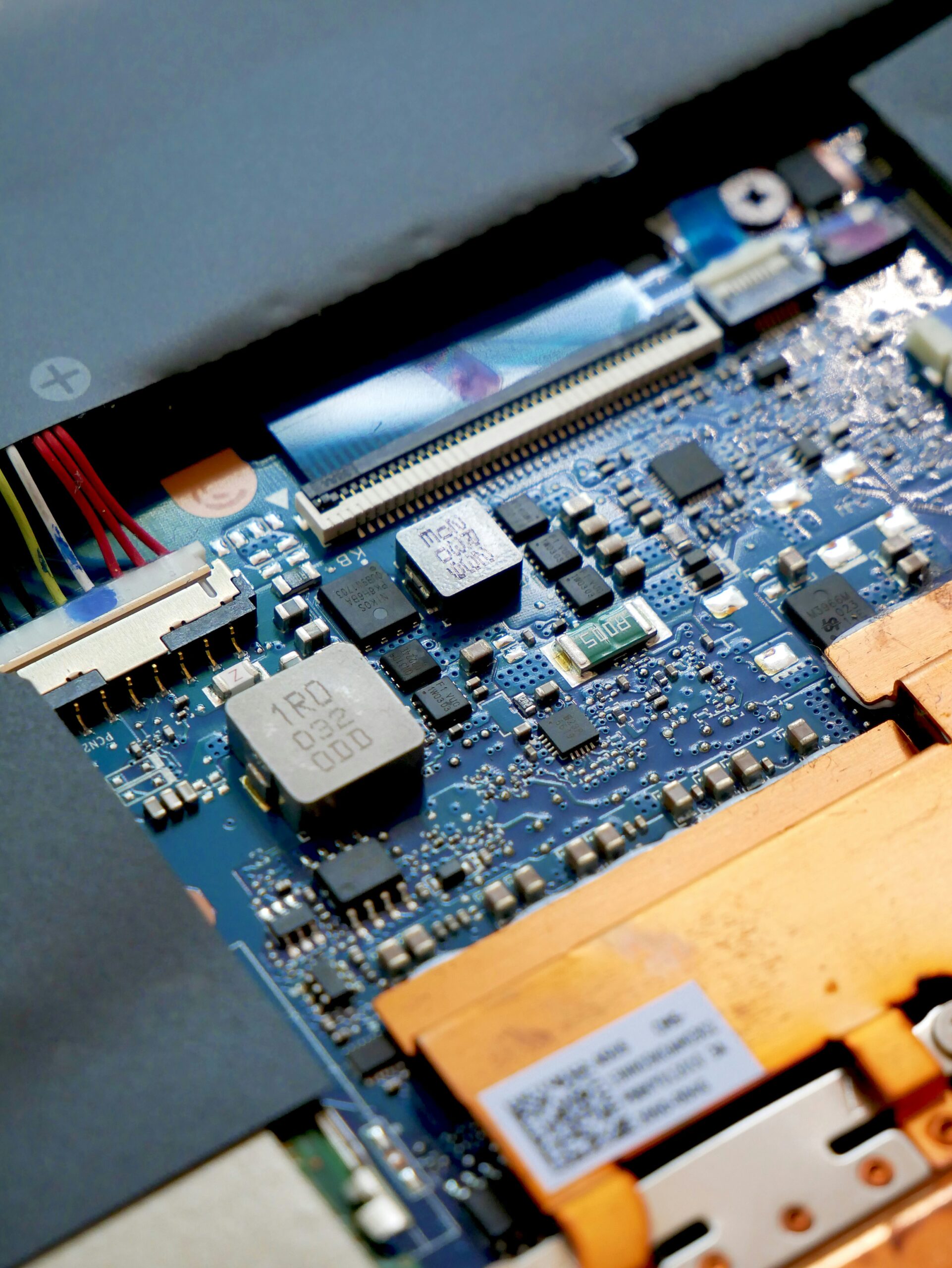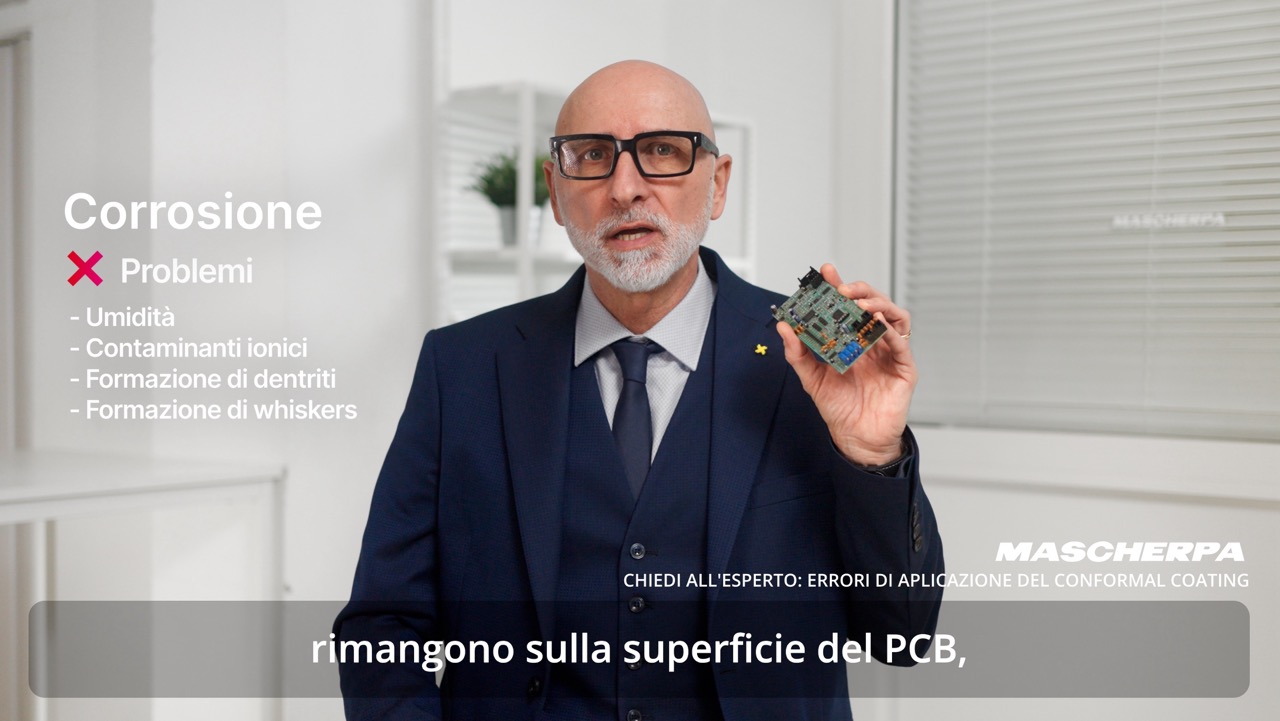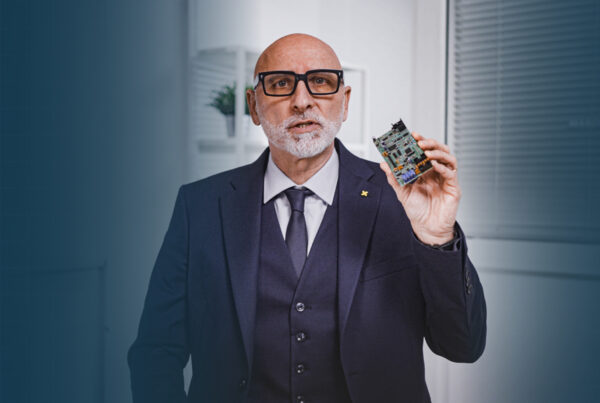
Key points of the article
- A good conformal coating should provide high surface electrical insulation and maintain dielectric properties even after critical environmental tests, thus ensuring the long-term protection of printed circuit boards.
- The flexibility of the conformal coating is critical to accompany thermal expansion of the PCB without cracking or peeling off, while good adhesion ensures stability even under dynamic or vibration-prone conditions.
- To protect electronic devices from moisture, salt spray, UV rays and corrosive gases, conformal coating must provide an effective barrier against all major environmental agents.
- Resistance tothermal aging and thermal shock cycles is essential to ensure the operational life of the conformal coating even in applications subjected to extreme temperature changes.
To ensure optimal protection of electronic boards, a good conformal coating must meet several basic requirements and characteristics:
- Surface electrical insulation
- Surface insulation resistance (SIR)
- Flexibility
- Membership
- Thermal aging
- Thermal cycle/thermal shock
- Moisture barrier
- Salt spray resistance
- UV resistance
- Resistance to corrosive gases
- Solvent resistance
Index
- Surface electrical insulation
- Surface insulation resistance
- Conformal coating flexibility
- Adhesion of conformal coating
- Thermal aging of PCB-compliant coating
- Thermal cycle/thermal shock
- Moisture barrier
- Salt spray resistance
- UV resistance
- Resistance to corrosive rays
- resistance to soventi
- FAQ
- Mascherpa’s support for choosing the ideal conformal coating
Surface electrical insulation
A conformal coating must provide high electrical resistance between contacts. Before environmental testing, the surface electrical resistivity must be at least of 10¹⁰ ohm and must not go below 10⁸ ohms after testing.
Products such as. DOWSIL CC-2588 e Electrolube AFA are designed precisely to provide excellent and long-lasting electrical insulation, even in harsh environmental conditions.
Surface insulation resistance (SIR)
The ability of the conformal coating to maintain electrical properties is essential for long-term protection. Common tests include:
- Dielectric strength
- Dielectric constant
- Surface insulation resistance
- Comparative Tracking Index (CTI)
- Dissipation factor
In this area, DOWSIL 1-2577 e Electrolube AFA-S offer high performance due to their stable and homogeneous composition, ensuring consistent levels of insulation.
Conformal coating flexibility
The conformal coating must remain flexible to accommodate thermal expansion of the PCB. To test this property, a strip of coated copper is bent around a mandrel by 3 mm, without the coating cracking or peeling off.
Elastoplastic silicones such as. DOWSIL 1-2620 and elastomeric silicones such as DOWSIL 3-1965 are ideal in this context because of their ability to follow the deformation of the substrate without breaking.
Adhesion of conformal coating to PCB
A good conformal coating must adhere firmly to the substrate. To check adhesion, the cross-etching test is used: an adhesive tape is applied to the etched surface and removed to assess any detachment.
Products such as. Electrolube UVCL e DOWSIL SE9187L, due to their solvent-free composition and strong internal cohesion, provideexcellent adhesion on various types of PCBs, even under dynamic conditions or vibration exposure.
Thermal aging of PCB-compliant coating
The conformal coating must withstand accelerated aging according to the tests UL746, which include:
- 24 hours of water immersion
- 24 hours at 105°C
- 96 hours with 90% relative humidity a 35°C
- 8 hours at -70°C The cycle is repeated three times to simulate years of environmental exposure.
In this area, DOWSIL 1-2577LV e Electrolube DCA stand out for their chemical and thermal stability, proving effective even after repeated environmental cycles of exposure to heat, cold and humidity.

Thermal cycle/thermal shock
Coated PCBs must withstand rapid temperature changes, such as those that occur in starting an engine in cold climates. The tests follow the standard IEC 60068-2-14, simulating conditions ranging from -40°C to +100°C in short intervals.
Products such as. DOWSIL 3-1953, designed for automotive applications, and Electrolube PUC, particularly resistant to extreme stress, provide effective protection even in the presence of significant thermal shocks.
Moisture barrier
Atmospheric moisture is a major cause of corrosion in PCBs. A good conformal coating should prevent moisture penetration and prevent condensation on electronic surfaces.
Salt spray resistance
In marine environments, the combination of water and salt accelerates corrosion. Conformal coating should protect printed circuit boards from the harmful effects of salt spray.
Conformal coating should prevent these phenomena: solutions such as DOWSIL 1-2577 e Electrolube DCR (colored variant of DCA) are specifically formulated to deal with corrosive environments, prolonging the operating life of printed circuit boards.
UV resistance
Exposure to ultraviolet light can deteriorate the coating conforma over time. Tests according to the standard ISO 4892, part 3, cycle 1, simulate an exposure equivalent to 4 years of aging in a northern European climate..
Transparent silicones such as. DOWSIL 3-1953 e Electrolube APL offer excellent UV light stability, maintaining transparency andcoating integrity even after prolonged cycles of simulated exposure according to ISO 4892.
Resistance to corrosive gases
PCBs must be protected from aggressive atmospheres containing gases such as hydrogen sulfide and sulfur dioxide.
In BS EN 60068-2-60 testing contexts, robust solutions such as. DOWSIL SE9189L e Electrolube UVCL demonstrate high chemical resistance, making them particularly suitable for critical industrial environments.
Solvent resistance
The conformal coating must maintain its integrity even in the presence of chemical solvents. The standard IEC 61086-2 defines specific tests to evaluate resistance to various chemicals used in industry.
Polyurethane products such as. Electrolube PUC e MG Chemicals 419D meet these requirements, effectively resisting substances used in manufacturing and maintenance processes.
FAQ
What is a conformal coating?
Conformal coating (or conformal coating) is a thin protective coating applied to PCBs to protect them from moisture, dust, chemicals and mechanical stress, providing electrical insulation and durability.
What are the 5 types of conformal coatings?
Conformal coating types are: Acrylic (AC), Polyurethane (UR), Silicon (SR), Hybrid (e.g., acrylic/silicone), and UV-cured or two-component (2K).
How can conformal coating be removed?
Conformal coating can be removed by specific solvents (for acrylics or urethanes), by heat and/or mechanically (for silicones and 2K), or by controlled chemical baths for targeted rework.
How are conformal coatings applied?
Conformal coatings can be applied by dipping, spraying (manual or automatic) or brushing, choosing the method based on production volume, required accuracy and PCB geometry.
Mascherpa’s support for choosing the ideal conformal coating
Inelectronics, choosing the right conformal coating means protecting the core of your devices, ensuring reliable performance even under the most extreme conditions.
Thanks to our technical selection and application experience gained in the field, at Mascherpa we support customers in choosing the most suitable solution, combining certified products from Dowsil, Electrolube and MG Chemicals with competent and specialized support.
For every electronic protection need, there is a perfectly matched solution, and we are here to help you find it. That’s why contact the Mascherpa experts if you need more information about your conformal coatings applications for electronic boards.
This year 2025, we will also be exhibiting at the Focus on PCB fair in Vicenza on May 21 and 22: come visit us at our booth.





